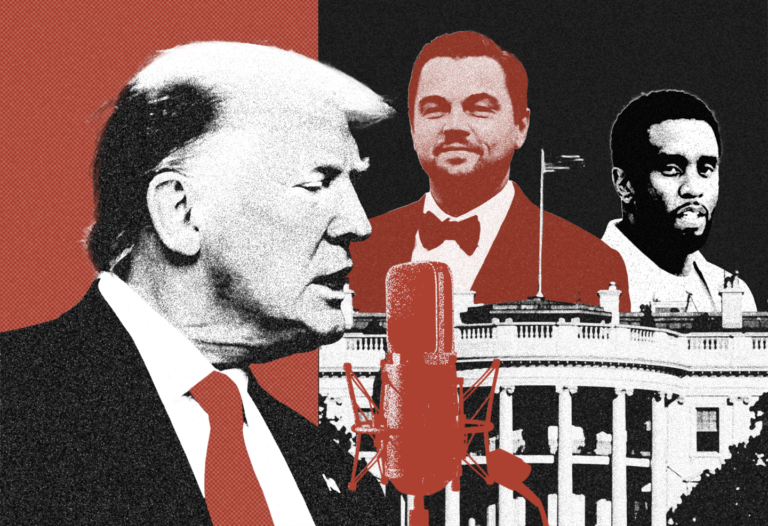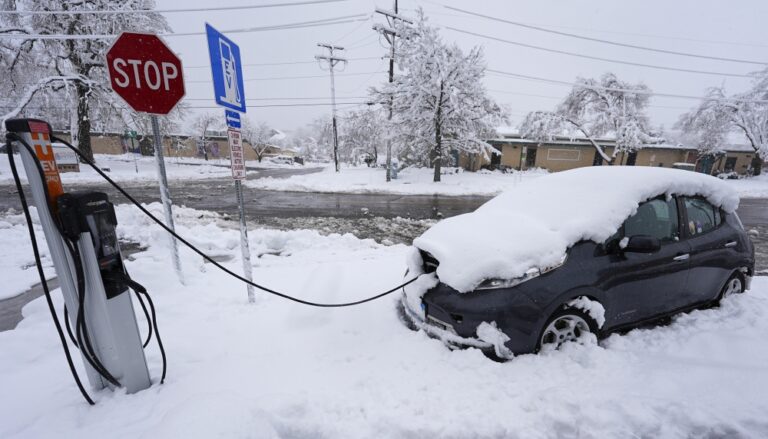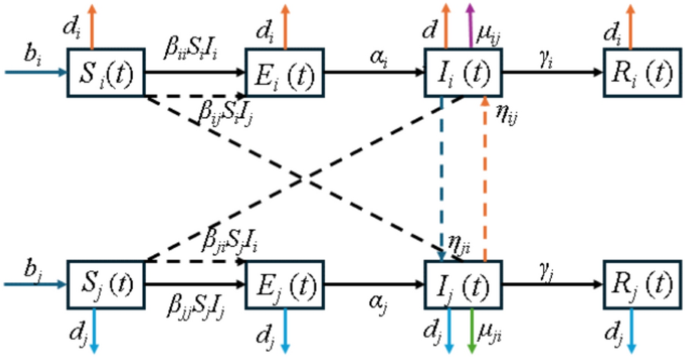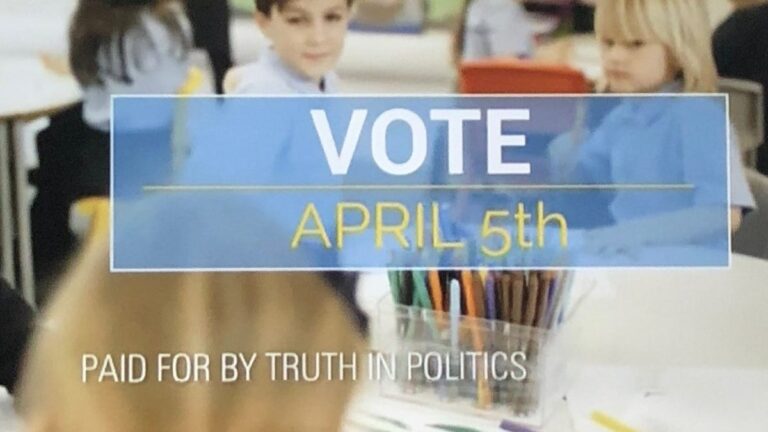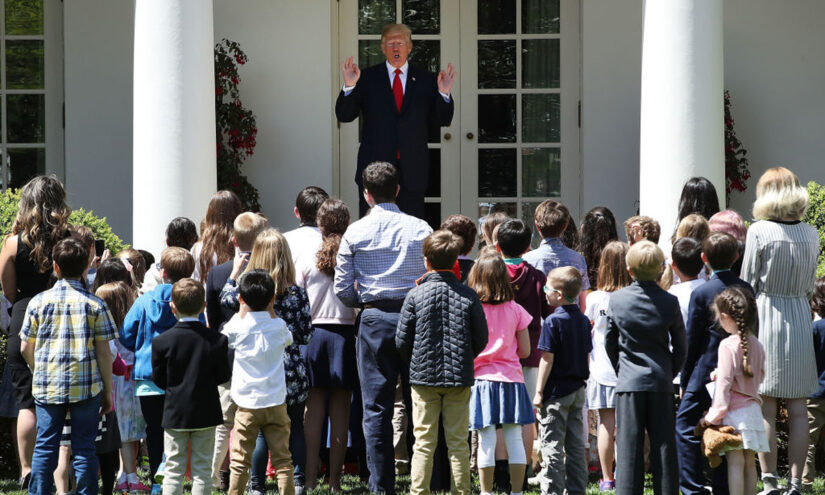
Education is at a Crossroads: Help Us Illuminate the Path Forward. Donate to The 74
When you’re raising a child, you’re conducting a project balanced on the tension between the world that you inhabit and a better, as-yet imagined world.
That tension is personal: parents and caregivers come to the job with the hang-ups we’ve amassed since childhood. We’re famously prone to imposing some version of those onto our own kids — however hard we try to free them.
The tension is also social and cultural — even political. We’re all trying to teach our kids to stand up for themselves in the tough, pushy, sometimes violent world out there even as we coach them toward leaning vulnerably into grace, compassion, sharing and forgiveness. And a lot of it involves hiding uglier truths about the world from them. But even that only works for so long, because they’ll eventually outgrow our abilities to deceive and distract — and nothing builds resentment in adulthood like realizing how much you were lied to in childhood.
This is beautiful, impossible work. We’re all messing up all the time, no matter how hard we push and strive — and no matter how much we try to let go and back off.
Parenting is even harder in moments of public fear and stress. As a father of two, I spent much of Donald Trump’s first term wrestling to guard my children’s faith in virtues like patience, kindness, honesty, personal integrity and responsibility. I tried to coach them into believing in the power of peaceful, democratic institutions that represent the will of the public. I tried, in other words, to swim upstream against the prevailing Trumpist political currents.
Now I’m a father of three. I’m dreading the implications of his second term — for my kids, for the work of raising them, for our schools and for our democracy. It’s a much more difficult project this time. How can families teach our children to believe in a better, kinder, fairer world … when they see glory, honor and power repeatedly rendered to a man like this? Can advocates for better educational opportunities for all children build a safer, kinder country with Trump unavoidably at its helm?
It’s hard to imagine. His return has launched a genuinely bleak era driven by a movement that targets and marginalizes people — often children — to gain power, whether they’re immigrants or transgender kids who just want to use the bathroom in peace. This is a nightmare for parents trying to raise their kids to be fundamentally polite, to stand up for the weak among us, to choose grace over scorn and peace over violence.
If you think this is overwrought, please remember that Trump’s first arrival in office prompted a national spike in hateful behavior at schools. We’re already seeing more of the same this time around. That’s not an accident. Trump is persistently, constantly a bully, one who reserves particular disregard for women, regularly belittling and denigrating any woman who presents him with the slightest resistance.
This is incessant intimidation that any middle schooler would recognize, that any parent would hate to see imposed on their kid. It’s sexism that any young girl would instantly view as infuriating and behavior that any decent parent or caregiver would find unacceptable in their son.
What’s more, Trump is cynically nihilistic. That’s why many of the president-elect’s former colleagues don’t trust him. He has been caught in tens of thousands of lies and never admits his deceit, even when his lies hurt other people. This year, Trump baselessly accused Haitian immigrants in Ohio of stealing and eating pets: innocent people — immigrants and native-born Americans alike — immediately received scores of bomb threats, some closing schools. Note: immigrants are reliably less violent and dangerous community members than native-born Americans.
Trump’s responses to the pandemic were probably his most consequential distortions. He repeatedly and prematurely insisted that the pandemic was under control and easily manageable. He promoted quackery and unproven, unscientific COVID “treatments” — without any evidence. People died because they believed him.
Any family would recognize a kid with Trump’s penchant for selfish betrayal and willful deceit as a terrible friend or classmate. No family would want an adult who treated people so carelessly in charge of their child’s safety or well-being.
Finally, Trump’s world is gloomily violent. He routinely muses about using force against political opponents, journalists, and protestors. Not coincidentally, in an October 2024 poll, only 1 in 5 young American adults were sure that there would be a peaceful transfer of power after the election, what was once an unshakeable tenet of our democracy.
Even if you’re confident that you can set a strong enough example for kids to be a bulwark against this behavior, that still won’t solve for the most substantive issue: Trumpist politics have consistently failed to address the very real problems that the U.S. faces — including and particularly the ones preoccupying U.S. young adults.
For instance, while a 2023 poll showed that American kids are worried about violence, having enough money and the state of the environment, Trump and his party are pushing to make guns more accessible, raise taxes on everyone except the top 5% of American earners, adopt energy policies that will increase the pace and severity of climate change, and close the Department of Education. None of these are real solutions.
Families in my community tell me they’re struggling to explain the present state of American democracy to their children. One says their middle schooler keeps bringing them media articles where Trump supporters express surprise that their preferred candidate absolutely plans to follow through on his campaign promises around vaccines, tariffs, the war in Gaza and mass deportations. “Why did they vote for him then?” they say their kid asks. “What did they think would happen?”
Trump has put families in a terrible situation. It’s hard to explain why men who violently assaulted law enforcement en route to desecrating the U.S. Capitol are touted as heroes and could be slated for pardons. It’s hard to look at all the violent, undemocratic vengeance Trump has promised and insist to kids that nonviolent politics is core to our democracy.
See, kids are relatively sophisticated risk detectors — they know real dangers from partisan hysteria. That’s why it’s particularly difficult to tell them to be patient now and to trust in the democratic process, to believe that the adults will get their acts together and work on real problems. It’s hard to believe that the system will self-correct after you’ve spent another math period under your desk because there’s another active shooter in the neighborhood, or even worse — on your campus, as just happened again last week in Madison, Wisconsin.
Nonetheless, the vast majority of families in my social orbit are grimly hoping they can perhaps pretend the situation away. They’re hoping that Trump won’t be who he’s been for the past decade, that he’ll step up instead and act like a prudent statesman that they can safely ignore. Most are planning to actively distract their kids from American public discourse, to try to keep them from internalizing the next four years as “normal.”
A lot of education reformers sound similar notes. They’d like to set all this aside and just get on with their lives and careers and work with Trump to overhaul the federal role in education or expand school choice or somesuch. They’d like to pretend like Trump’s behavior can be tolerated or ignored.
I guess I hope they’re right. But I think we all know they aren’t — and so do the kids.
The views expressed here are the author’s alone and not those of any organization with which he is affiliated.
Get stories like these delivered straight to your inbox. Sign up for The 74 Newsletter

